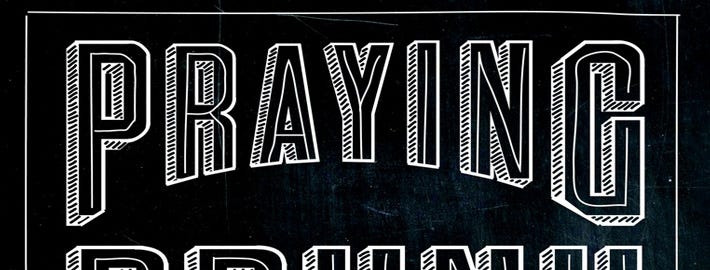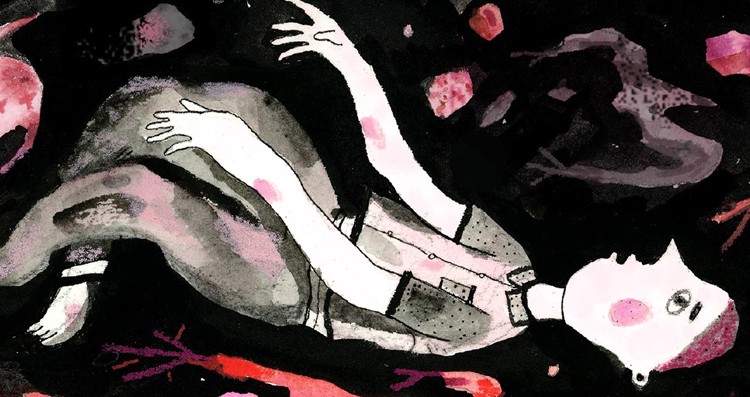Books & Culture
REVIEW: Praying Drunk by Kyle Minor

by Benjamin Rybeck

Recently, Eric Bennett published an article in The Chronicle of Higher Education titled “How Iowa Flattened Literature.” Bennett describes the three modes in which one was expected to write fiction at Iowa: modernist, “winningly loquacious,” and magical realist. However, Bennett yearned for something different, a “novel of ideas, a novel of systems, but one also with characters, and also heart” — something (Bennett claims) the Iowa Writers’ Workshop did not care to produce.
Iowa-graduate Kyle Minor’s new collection is the kind of book Bennett was yearning for. In Praying Drunk, a story about failed marriage and suicide turns, in its last act, to the concerns of raising a robot son — and later, in one of two stories called “Q & A” (apparent “interviews” with author himself), this question gets posed: “Why do you have the robot in the story about the suicide?” Minor’s book is in the same category as Scott McClanahan’s Crapalachia and Jeff Jackson’s Mira Corpora: fiction that makes meaning from its relationship to the author’s real life — fiction in which “lies obscure truths we would like to quiet.”
Minor’s writing manages to be modernist, <em>“winningly loquacious,”</em> and magical all at the same time. But there are ideas. There are systems. There is heart.
The truths of Praying Drunk are uniformly painful. In “Q & A,” Minor writes, “I remember the bully who beat me up almost every day in junior high school. I remember the sweet odor of those red mesh equipment bags that held body armor and hung from meat hooks,” only to wonder later whether he thought “of those red mesh bags as hanging from meat hooks back then,” or whether it’s “something that [he] used later, to gild the story.” Minor deploys that same image of meat hooks later in “Suspended,” one of the more conventionally realistic stories in the collection — but the idea of bullying echoes an earlier story, in which the narrator recalls experiences of torment at his religious high school. And consider “In a Distant Country,” an epistolary novella that zeroes in on the relationship between a missionary worker in Haiti and a much younger American woman; here, Minor gestures backward to (and, in a sense, clarifies) an earlier story also set in Haiti.
That’s how <em>Praying Drunk</em> works: Minor pulls the reader forward while gesturing backward.
This narrative strategy means that the book hits a lot harder on the second reading. How can you understand the story about an uncle who kills himself until you read the story in which two brothers meet the uncle’s fiancé who “seems to love him?” What sense does a priest baking biscuits during a funeral make until you see that image repeated twice in later stories? In this sense, Praying Drunk’s best contemporary analogue might not be a book; rather, it might be the extraordinary Sun Kil Moon album Benji, which works through the fact and fiction of familial tragedy in a similarly circular way.
Does Praying Drunk wallow in despair, or does Minor find a way out? This is a fair question — one for which I’m not sure I have a convincing answer. “[L]ife is empty of meaning so people must tell themselves stories about how and in what ways everything means,” Minor writes toward the end of arguably the most optimistic story in the book. And despite all of the darkness in Praying Drunk, Minor manages to end with a family “hoping for a sign.” It’s a touching sentiment at the end of this troubling masterpiece: Minor mauls you with his vicious prose, and then takes your hand and asks you to join him in a form of prayer.
Praying Drunk: Stories, Questions

by Kyle Minor










